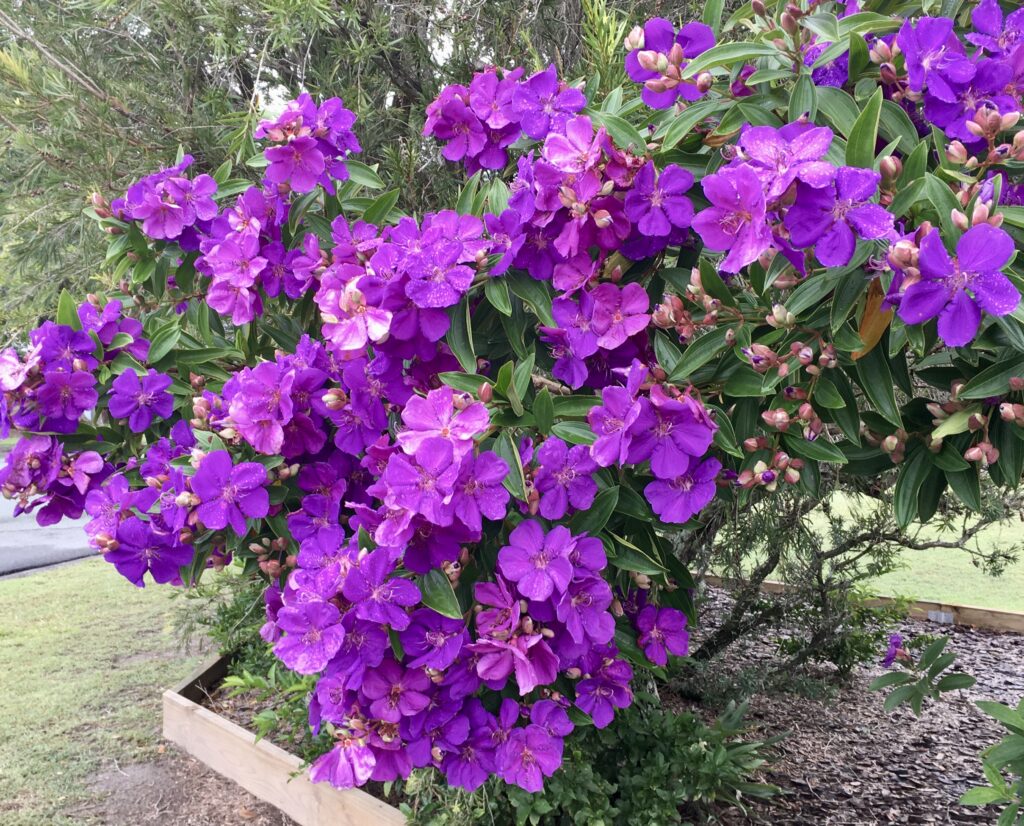Each encounter is unprecedented; each encounter is unrepeatable. Treasure each encounter. (Eido Tai Shimano Roshi)
We had not long moved into our home in Thornlands, Queensland. As usual, on a Thursday evening, my mother called us from Victoria to see how we were. It was a pleasant and cheerful call.
Early the following week, on Tuesday afternoon, my dear mother passed away through a sudden heart attack. If only we knew that that Thursday night call was the last time I would speak with my mother! I would also have expressed my heartfelt appreciation for her (perhaps touching on some of her many sacrifices for me).
A few years earlier, Mike, a friend from Victoria, visited us while we were working overseas. He was on his way to see his relatives in England. Several years later, Mike suffered a heart attack and died by the side of the road while cycling home from a summer camp where he had served as a camp leader.
If only we knew that Mike’s visit to our home would be the last time we would see him. No doubt we would have passed our time together in a little more meaningful way – and expressed our appreciation for his wonderful example to us and teaching us bushwalking/outdoor survival skills when we were in our early adult years.
As we get older and hear more about the passing away of friends, colleagues, and relatives, we come to more fully understand the preciousness of life and time. Realistically, we never know when saying good-bye to someone will be the last farewell we will have in this life.
Rather than feeling sad or morbid, we can learn to cherish and savour the present more than ever – and to appreciate one another in a richer and deeper way.
When we really think about it, we only have a short time together in this life – and so ideally we ought to be grateful for each day we share. In this way, any disappointment, frustration, or even anger, with one another can melt away and inspire heartfelt compassion in its place!
May the words “this could be the last time” bring a new awareness to our lives – and help us live each day for the greatest benefit to ourselves and others.
Alexander and Eva Peck

The Best Preparation for Death
Trusting the heart is trusting what is real. Recollection of death stops us investing too much in what is unreal, so that at the time of death we can let it all go. If we have an attitude of continuously recollecting that death can strike at any moment, this gives us a realistic perspective on life and its problems, and inspires us to practise Dharma and take full advantage of the present opportunity to do so. That is how to die without regret.
Anyone who has thought about the inevitability of death and developed the habit of letting things go will suffer less at the time of death. This is an attitude we can encourage everyone to adopt towards life and the things of this life they may be attached to.
Natsok Rangdröl quotes an authoritative text (p.34):
All people feel attachment to their possessions–
To children, cattle, and wealth;
‘That I have done, now I do this.
When this has been done, I will then do that.’
While people are thus being fooled by distractions,
They depart, snapped away by the Lord of Death.
At its deepest level, remembering death and impermanence is the gateway to realizing the emptiness of what we take to be real, and the undying quality of what is truly real.
By constantly remembering death and impermanence, we become increasingly aware of the dream-like and illusory nature of our life and experience, so that it does not come as such a shock when we are confronted with death. The deeper we realize this truth, the more prepared for death we are, and the nearer to Awakening.
(Hookham, Lama Shenpen. There’s More to Dying than Death: A Buddhist Perspective. Cambridge, UK: Windhorse Publications, 2006.)
